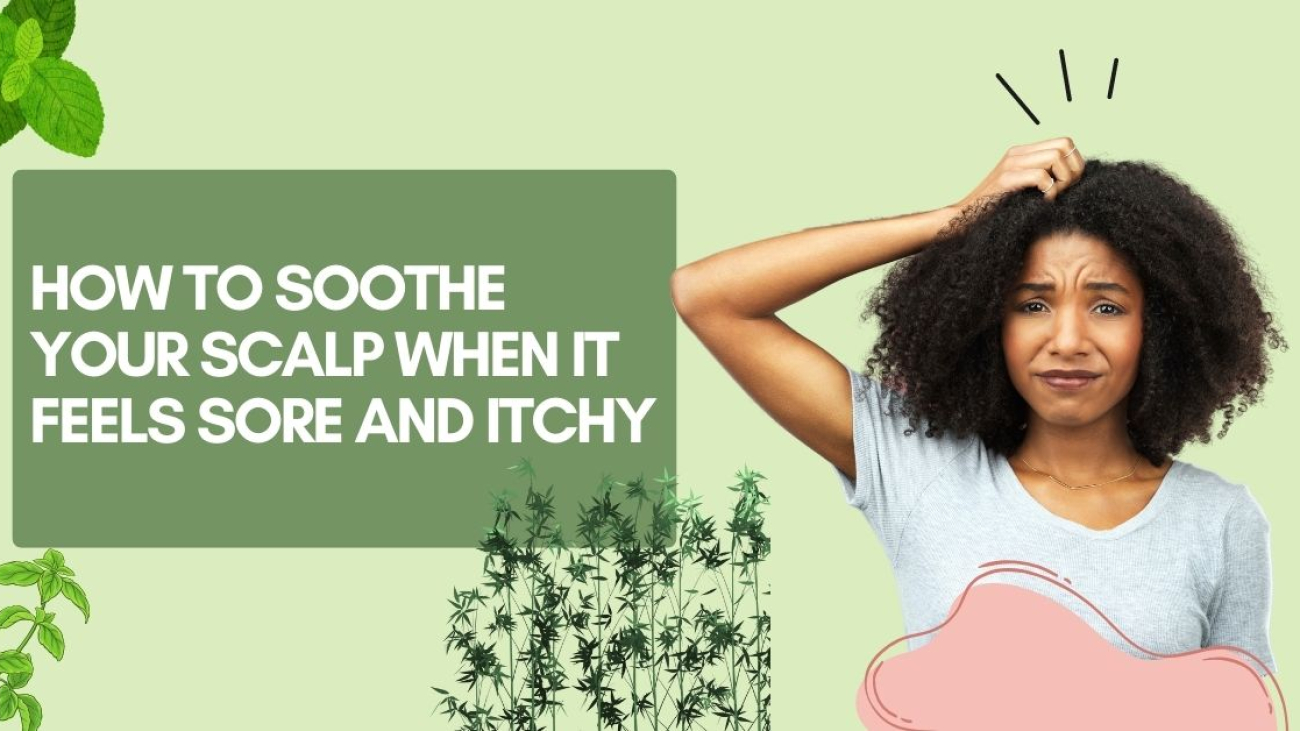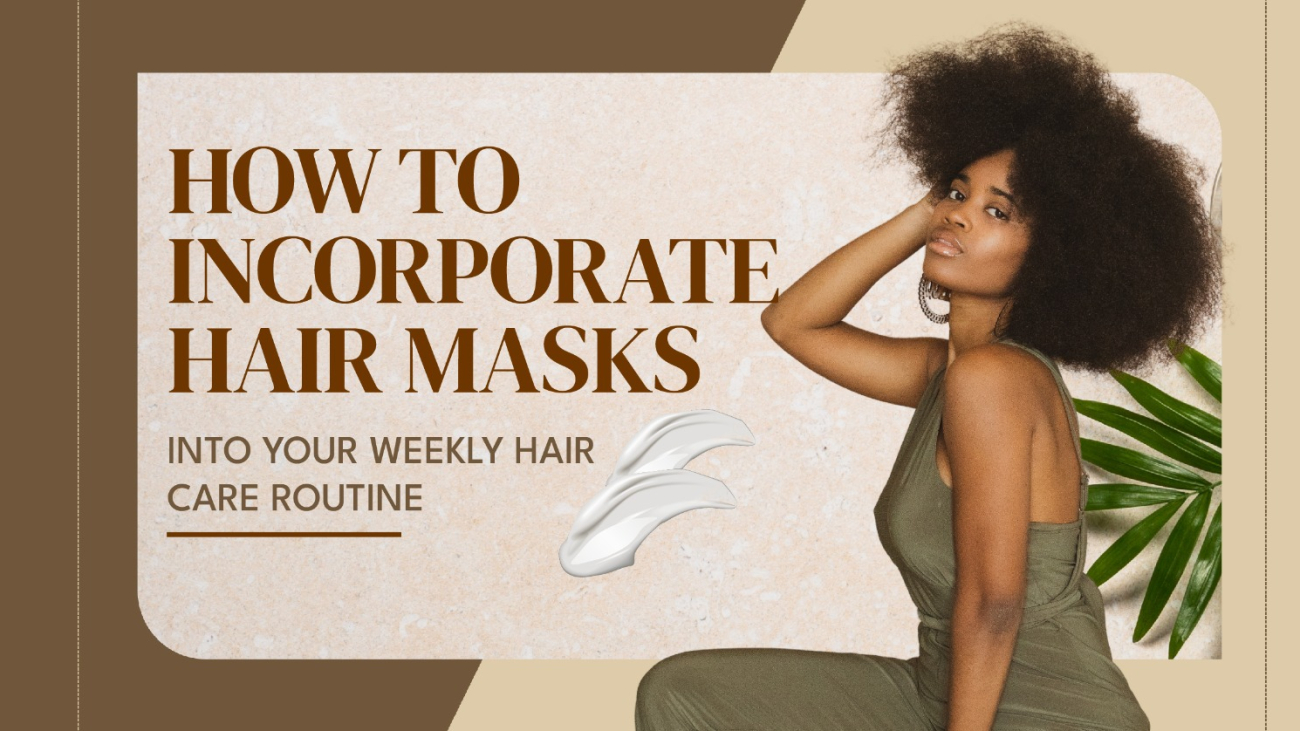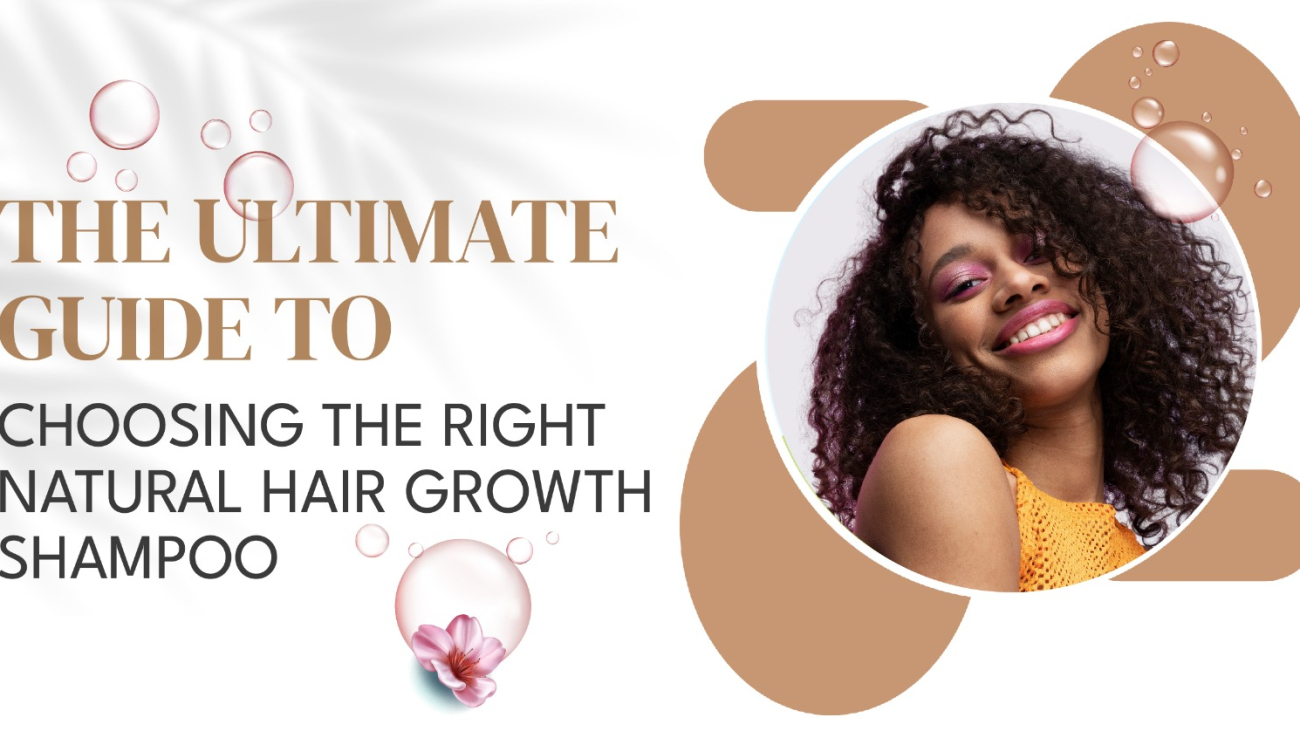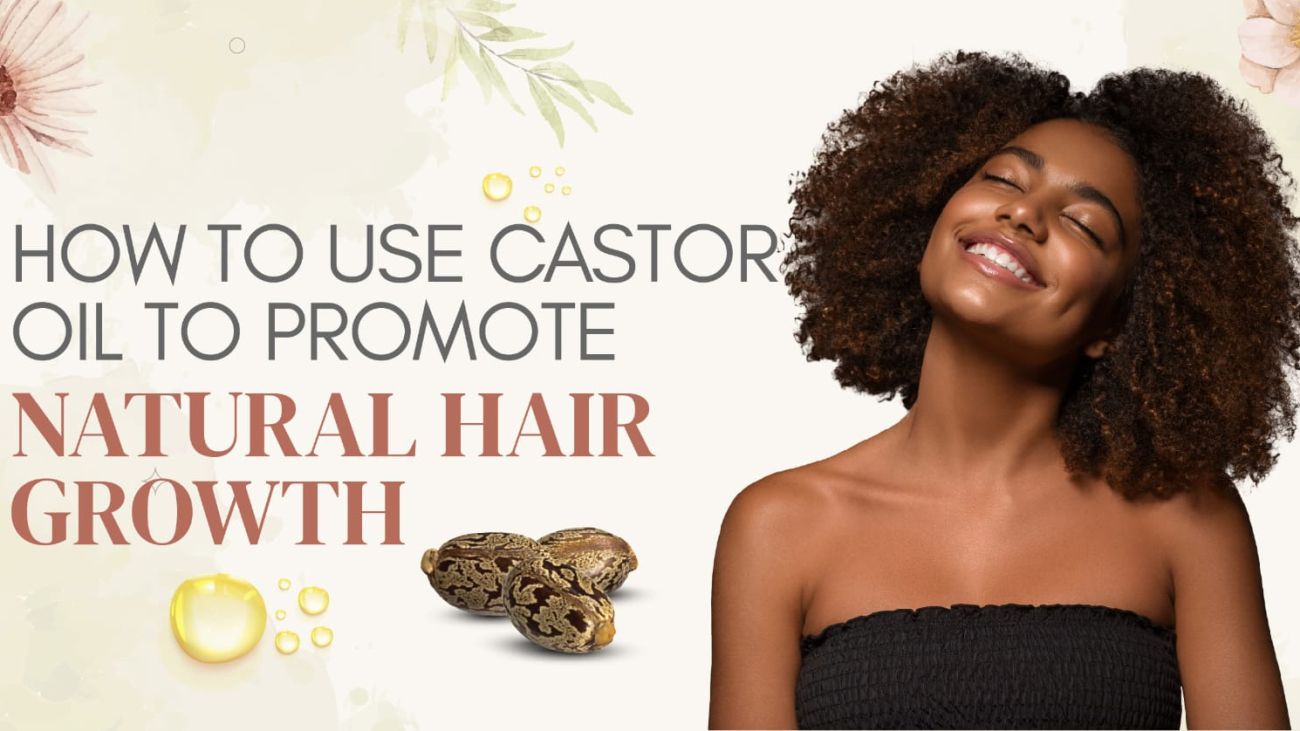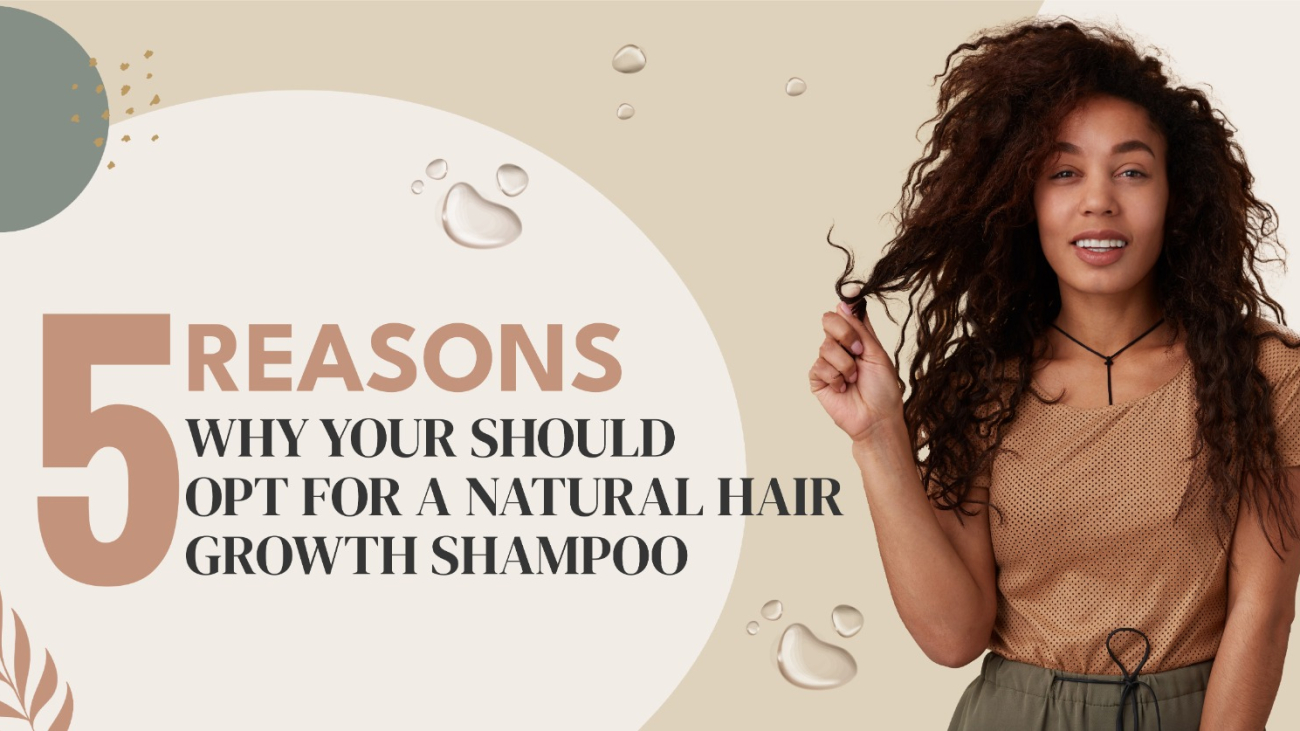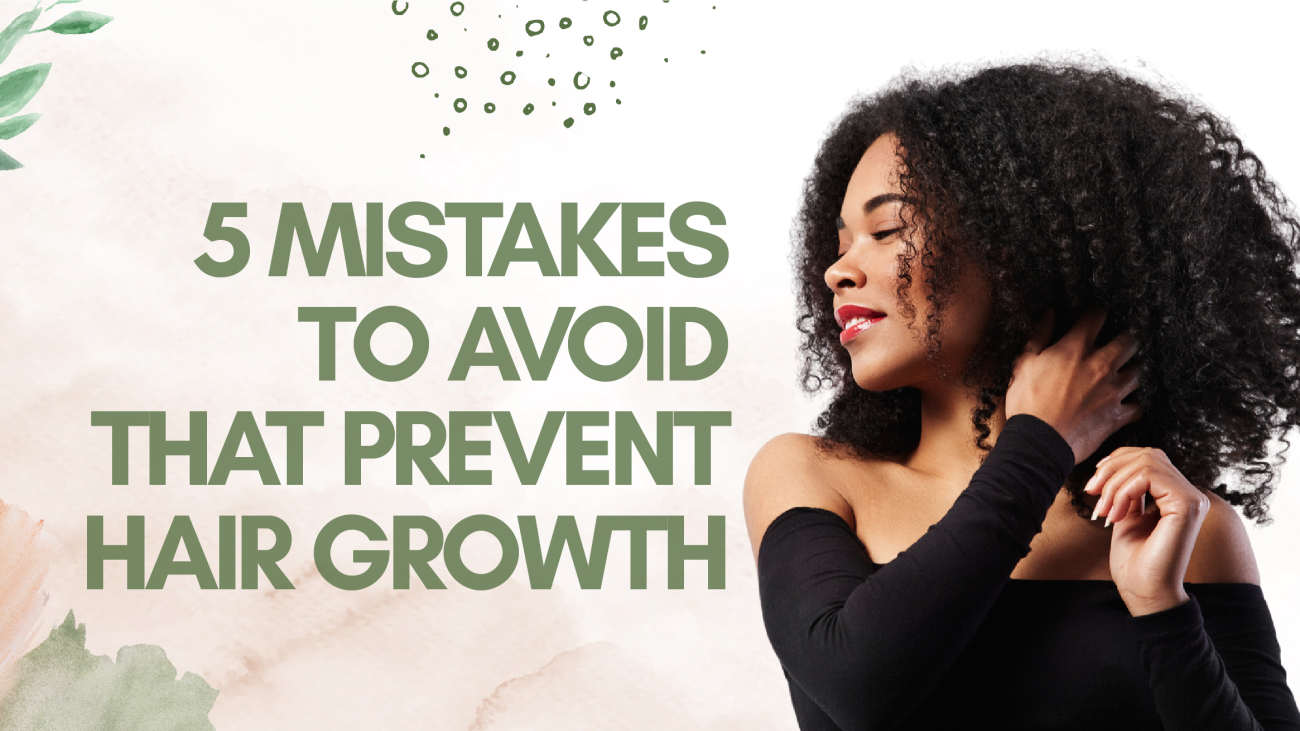Do you ever feel like your scalp is on fire? Do you scratch your head until it bleeds? Do you avoid washing or styling your hair because it hurts too much? If you answered yes to any of these questions, you may be suffering from scalp pain and itchiness.
Scalp pain and itchiness are common problems that can affect anyone, regardless of age, gender, or hair type. They can be caused by various factors, such as:
• Dryness: Dry scalp can result from low humidity, cold weather, over-washing, or using harsh products that strip away the natural oils from your scalp. Dry scalp can make your skin flaky, tight, and irritated, which can trigger itching and inflammation.
• Dandruff: Dandruff is a condition where your scalp sheds excess skin cells, which can accumulate on your hair and clothes. Dandruff can be caused by fungal infection, hormonal imbalance, stress, or poor diet. Dandruff can make your scalp itchy, red, and scaly, which can lead to scratching and soreness.
• Psoriasis: Psoriasis is an autoimmune disorder that causes your skin cells to grow too fast and form thick, silvery scales. Psoriasis can affect any part of your body, including your scalp. Psoriasis can cause severe itching, burning, and pain on your scalp, which can interfere with your daily activities and affect your self-esteem.
• Dermatitis: Dermatitis is a general term for inflammation of the skin. Dermatitis can be caused by allergic reactions, irritants, infections, or other factors. Dermatitis can cause various symptoms on your scalp, such as rash, blisters, swelling, or oozing, which can make your scalp itchy and tender.
• Folliculitis: Folliculitis is an infection of the hair follicles, which are the tiny openings where your hair grows. Folliculitis can be caused by bacteria, fungi, viruses, or parasites. Folliculitis can cause small bumps or pimples on your scalp, which can be painful and itchy.
How to treat your Scalp Pain and Itchiness?
If you are experiencing scalp pain and itchiness, you may be tempted to scratch or rub your scalp to relieve the discomfort. However, this can worsen the condition and cause more damage to your skin and hair. Instead of scratching or rubbing, you should try the following tips to soothe your scalp:
• Wash your hair gently with a mild shampoo that suits your hair type and condition. Avoid shampoos that contain sulfates, parabens, fragrances, or other harsh chemicals that can irritate your scalp. Rinse your hair thoroughly with lukewarm water and pat it dry with a soft towel.
• Apply a natural conditioner or a hair mask to hydrate and nourish your scalp and hair. Look for products that contain natural ingredients that can calm and heal your scalp, such as aloe vera, oatmeal, honey, or coconut oil. Leave the conditioner or the mask on for at least 10 minutes and then rinse it off with lukewarm water.
• Use an anti-itch serum to reduce the inflammation and itching on your scalp. An anti-itch serum is a topical product that contains soothing agents that can relieve the irritation and discomfort on your scalp. One of the best anti-itch serums on the market is beautypro’s Anti-Itch Serum, which is formulated with natural extracts of Bamboo, Basil, peppermint, and tea tree. These extracts have anti-inflammatory, antiseptic, antibacterial, and antifungal properties that can help restore the balance and health of your scalp. Simply apply a few drops of beautypro’s Anti-Itch Serum to your scalp and massage gently with your fingertips. You will feel an instant cooling and soothing sensation on your scalp that will last for hours.
• Avoid using heat tools or styling products that can dry out or damage your scalp and hair. If you need to use a hair dryer, curling iron, or straightener, use them on the lowest setting possible and apply a heat protectant spray before. If you need to use hairspray, gel, or mousse, use them sparingly and avoid spraying them directly on your scalp.
• Protect your scalp from the sun by wearing a hat, scarf, or sunscreen when you go outside. The sun’s rays can cause sunburns, dryness, or discoloration on your scalp, which can aggravate the pain and itchiness.
• Eat a balanced diet that includes foods that can boost your scalp health, such as fruits, vegetables, nuts, seeds, and fish. These foods contain vitamins, minerals, antioxidants, and omega-3 fatty acids that can help your scalp heal and prevent inflammation and infection. Avoid foods that can trigger or worsen your scalp condition, such as sugar, dairy, gluten, or alcohol. These foods can cause inflammation, hormonal imbalance, or allergic reactions that can affect your scalp.
• Drink plenty of water to hydrate your scalp and flush out toxins from your body. Water can help your scalp maintain its moisture and elasticity, which can prevent dryness and flaking. Water can also help your blood circulation and immune system, which can help your scalp fight off infection and inflammation.
• Manage your stress levels by practicing relaxation techniques, such as meditation, yoga, breathing exercises, or massage. Stress can affect your scalp in many ways, such as causing hormonal imbalance, increasing inflammation, or weakening your immune system. Stress can also make you more prone to scratching or picking at your scalp, which can cause more damage and pain. By relaxing your mind and body, you can reduce the impact of stress on your scalp and improve your overall well-being.
Conclusion
Scalp pain and itchiness are common problems that can affect anyone, regardless of age, gender, or hair type. They can be caused by various factors, such as dryness, dandruff, psoriasis, dermatitis, or folliculitis. To treat your scalp pain and itchiness, you should wash your hair gently with a natural hair growth shampoo, apply a moisturizing natural conditioner or a hair mask, use an anti-itch serum, avoid using heat tools or styling products, protect your scalp from the sun, eat a balanced diet, drink plenty of water, and manage your stress levels. By following these tips, you can soothe your scalp and enjoy healthy and beautiful hair.

